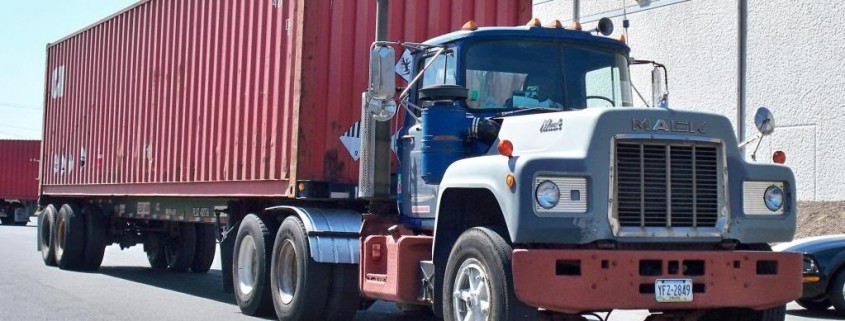Container Weight Reforms to Have Impact on Haulage
Container weight reforms are expected to have an impact on haulage as the SOLAS reforms to come into effect soon, link sea and land freight issues.
The safety initiative will most likely lead to the need for new truck and container scales, although existing ones are NHVL compliant.
A new international container weight reform in the shipping industry is expected to cause concerns among the land haulage and wider international logistics industry.
Revised SOLAS (Safety of Life at Sea) verified gross mass (VGM) regulations are expected to come into effect in July.
Australia’s shipping watchdog have been in consultation with concerned parties about the reforms including port haulage firms, shipping lines, exporters, freight forwarding and customer broking representatives and stevedores regarding the possible effects.
The Australian Maritime Safety Authority (AMSA) expects port haulage firms to also be affected by the reforms which are meant to improve safety and address over-weight containers that damage ships by introducing stronger weighing rules.
According to an post on Fullyloaded.com.au, there are concerns about where the burden will lie under new reforms and who it will end up costing if ship masters refuse to load overweight containers.
There have also been concerns raised that weighing equipment compliant with the Heavy Vehicle National Law may not be adequate mid next year when the reforms kick in.
Container Transport Alliance Australia (CTAA) issued the following statement to its members,
“Although declaring weights on the PRA (Pre Receival Advice) is already required, the changes in law will necessitate the weighing of packed containers, or weighing of cargo and other materials to be carried out using calibrated and certified equipment (such as weighbridges, platform scales, pallet or industrial scales) to obtain accurate measurements,” CTAA tells its members.
“Therefore, the container weight is to be verified using ‘Trade Standard” weighing devices. ‘Trade Standard’, as determined by the National Measurement Institute (the Commonwealth Government agency), is significantly greater than currently required under the Heavy Vehicle National Law (HVNL) or the existing Marine Orders Part 42 under the Navigation Act (regulating the shipping aspects of containers).”
Source: http://www.fullyloaded.com.au
They explained that some companies that transport export containers will remain unaffected, there are some firms that provide related services that will be affected.
The CTAA went on to state:
“For those companies engaged in packing out containers on behalf of an exporter, these changes may require the investment in ‘trade standard’ weighing devices.”
Source: http://www.fullyloaded.com.au
Despite the July introduction of the reforms, a recent customer survey by international shipping electronic marketplace INTTRA, indicated that a large number of respondents are concerned about the readiness of the industry and its customers.
Read more at http://www.fullyloaded.com.au/industry-news/1512/container-weight-reforms-to-have-haulage-impact/



